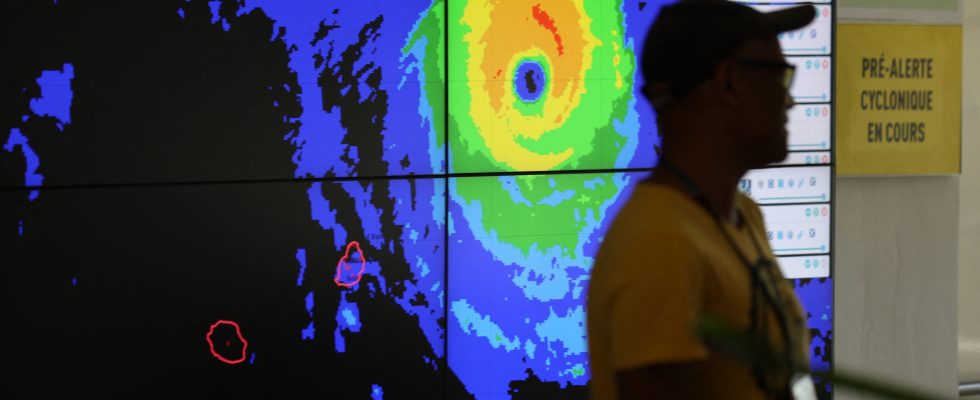Climato-denialists are on the rise. According to figures compiled by Meltwater, a company that allows companies to measure the impact of their brands, messages on X (ex-Twitter) including the hashtags #caniculemonq, #secheressemoncul, and in general content contesting IPCC reports , recorded a spectacular increase of 415% in the last few weeks (period from June 27 to August 7 compared to the previous month). Over one year, the increase even reached the stratospheric threshold of… 42,000%!
Of course, in an environment as fluid as digital, such high values must be taken with a grain of salt. It would be easy, by slightly shifting the reference period used for the calculations, to obtain less spectacular results. However, the wave of disinformation crossing social networks in this first part of the summer remains no less real. Around 6 million French people have been potentially exposed to it, according to Meltwater estimates.
The rhetoric propagated by this avalanche of messages is not new. The gloomy weather in July would be proof, according to climato-denialists, that we are doing too much with climate change. Personalities confuse the temperature on the ground with that of the air, thus painting a picture darker than reality? This is the sign of a plot to weaken the freedom of citizens (by setting up future confinements linked to rising temperatures, for example). The same goes for the use of weather maps with too red tones to be honest, according to its detractors.
“Driven by the anti-vaccine communities”
Unsurprisingly, the expressions “malicious manipulation” and “alleged climate threat” often come up in the messages or retweets of the protesters. Who is behind it? Several studies have already addressed this issue. “The new signals of a radical backlash against climate policies are almost exclusively carried by the anti-vaccine communities, with fairly partial and later takeovers by sovereigntist communities”, noted a few months ago a document published by the Jean Jaurès Foundation. Meltwater’s analysis of the keywords contained in the biography of the authors propagating many messages confirms this thesis. There is a jumble of #NonAuPassDeLaHonte, #TouchezPasAuxEnfants, #justicepourlessuspendus, #frexit, #reconquete, #zemmour or even #macrodestitution.
“The more the environmental measures – concerning sobriety for example – become concrete, the more a part of the population listens to the speeches seeking to discredit the human cause of climate change, especially if the measures in question are not perceived as fair ” specifies another recent study, published by EDF. In other words, there is a sort of counter-reaction to the discourse on the climate, accentuated by social networks and the rise in inflation. “In the future, we will undoubtedly be confronted with an increasingly strong resentment on the part of the working classes in the face of injunctions coming from the elites”, warn the authors of the study. Problem, the spread of messages going against the reports of the IPCC now seems to affect the younger generations, note the experts of Meltwater. However, the latter have so far contributed rather to our awareness of the climate crisis.
